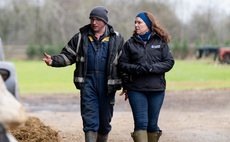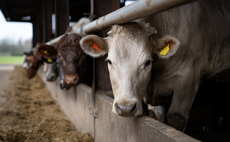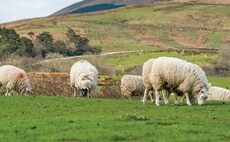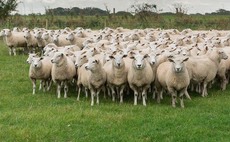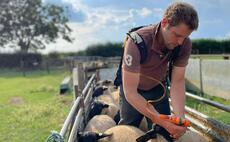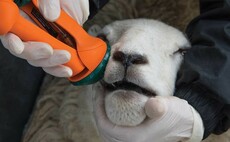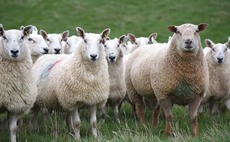Parasite control
Dairy
Experts are urging farmers to safeguard dairy heifers from parasites at housing to maintain their health, growth, and productivity over winter
Beat the Parasites
Before turnout it’s crucial to make a parasite control plan to protect your cattle over the coming grazing season.
Beat the Parasites
Plan your parasite control at housing with a view to preventing production loss and supporting healthy growth in youngstock this winter.
Livestock
Following reports of high worm eggs counts across the country, sheep farmers should be on the lookout for worm and fluke risks in their flocks this autumn
Livestock
Results from a recently published Elanco survey, conducted by �������� Guardian, show only one in five sheep farmers are following current Sustainable Control of Parasites in Sheep (SCOPS) advice and incorporating a newer wormer active into worming programmes, raising concerns about the rate at which wormer resistance is continuing to develop.
Livestock
With current subsidy payments gradually being phased out, there will be little margin for error for sheep farmers. Maximising productivity and efficiency will become increasingly critical to business resilience, and farmers will need to seek every opportunity to make incremental gains in flock performance.
Livestock
SCOPS, with the backing and support of the Moredun Research Institute, the National Sheep Association and the Sheep Veterinary Society, has issued a letter to the sheep sector with renewed advice to farmers to include the newer group 4 and 5 wormers in their worm control plans now.
Livestock
Sheep farmers are being urged to incorporate new actives into worming programmes as part of an initiative to support crucial productivity metrics and help slow the rate of anthelmintic resistance.

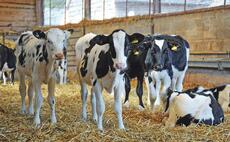
 23 October 2024
•
4 min read
23 October 2024
•
4 min read
